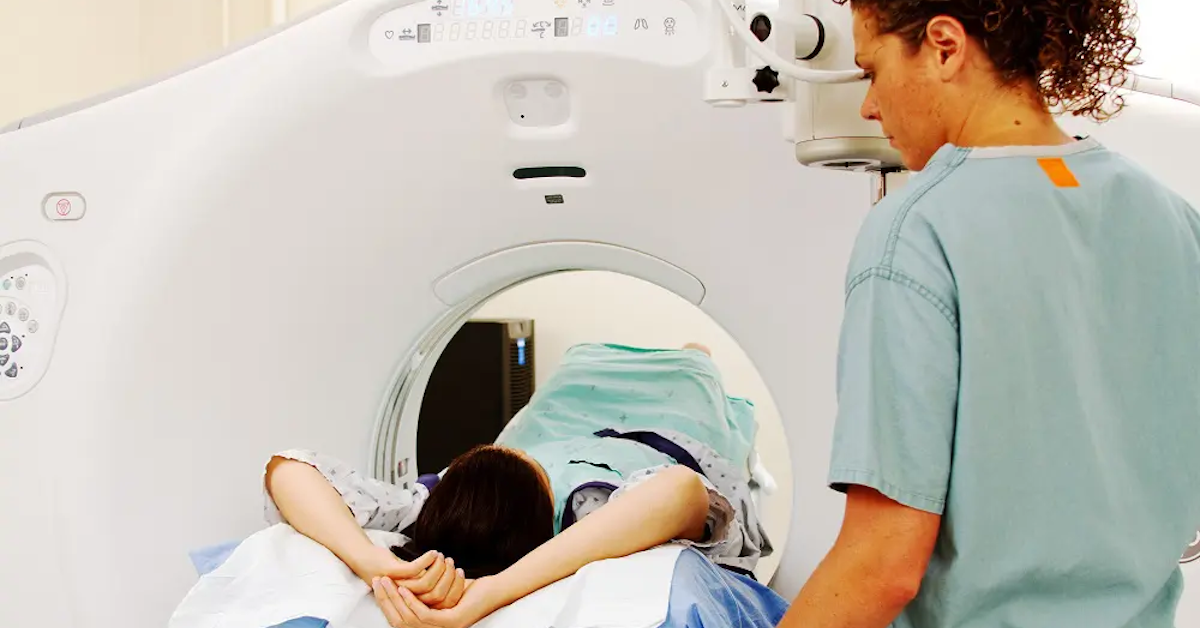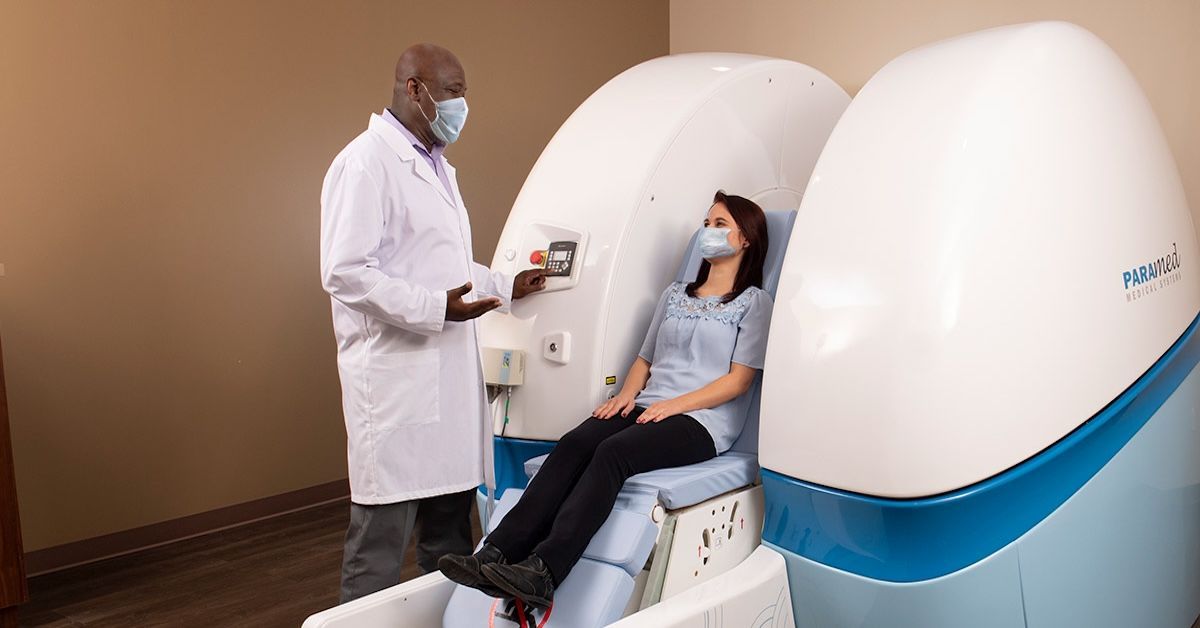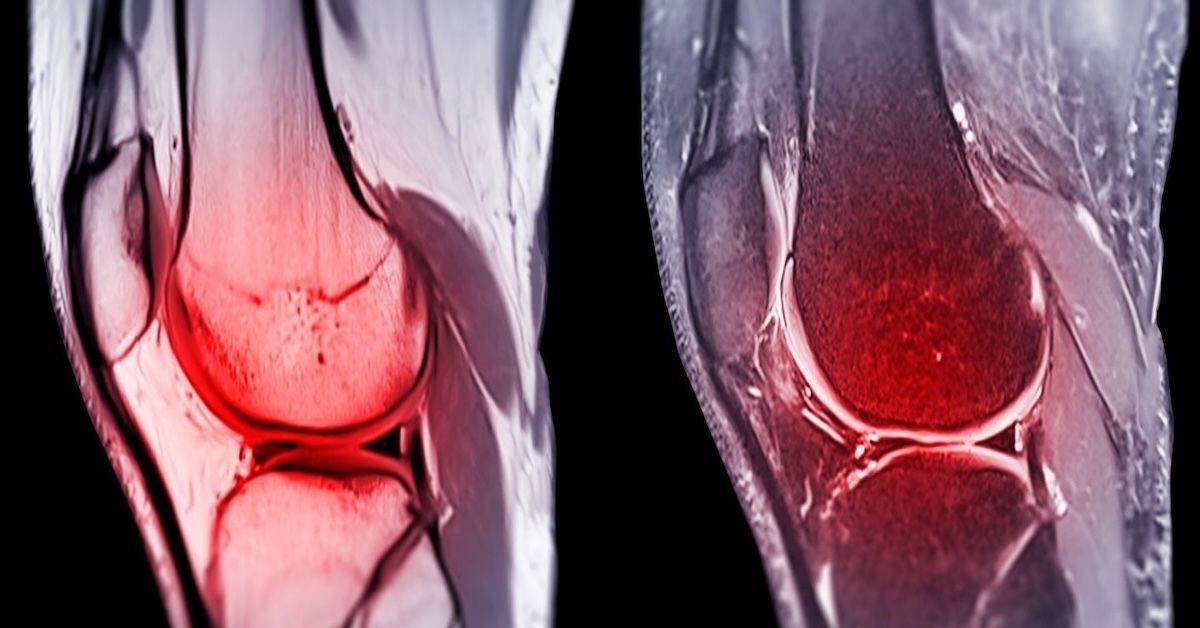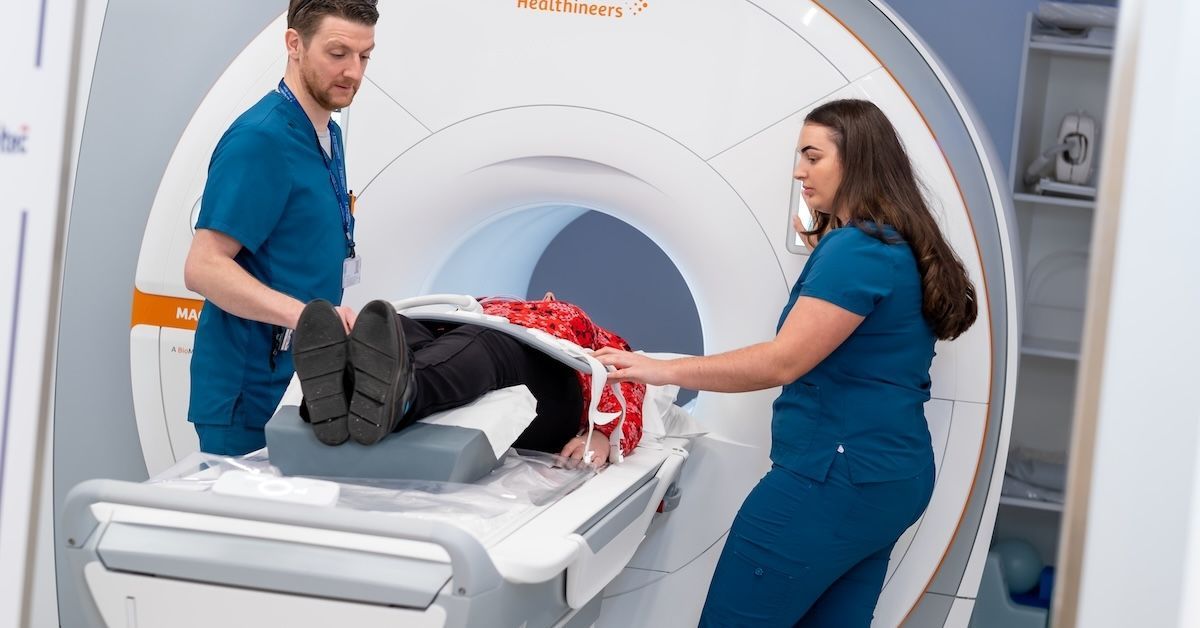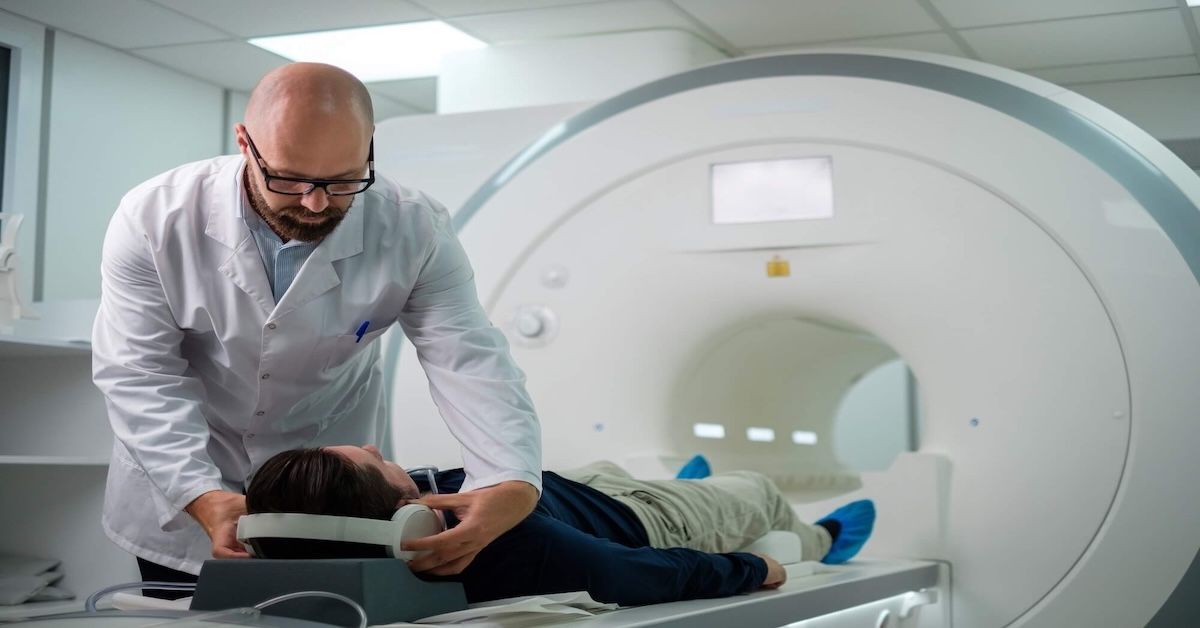457 Lake Cook Road (Deerfield Park Plaza)
Deerfield, IL 60015
Email Us:
Email us directly [+]
Fax: (847) 291-9362
Everything You Need to Know About MRI Brain Scans: A Comprehensive Guide
In the realm of modern medical diagnostics, few tools have revolutionized our understanding of the human body like the MRI brain scan. Magnetic Resonance Imaging (MRI) has emerged as a remarkable technology, offering intricate glimpses into the complex structures of the brain. Far from being mere diagnostic tools, MRI brain scans provide a window into the inner workings of the mind, shedding light on neurological conditions, injuries, and abnormalities. This comprehensive guide dives into the world of MRI brain scans, unraveling their inner workings, applications, benefits, and considerations.
Understanding MRI Brain Scans
At the heart of this remarkable technology lies a simple principle – the interaction of strong magnetic fields and radiofrequency waves with the body's atoms. This interaction produces detailed cross-sectional images of the brain, capturing its structures with unparalleled precision. Unlike other imaging techniques, MRI does not rely on ionizing radiation, making it a safe option for repeated scans. As patients are gently placed within the MRI machine, the magnetic fields coax the atoms in their bodies into a temporary state of resonance, allowing the machine to create detailed images that reveal the brain's hidden secrets.
Advantages of MRI Brain Scans
The advantages of MRI brain scans are manifold. Unlike CT scans that utilize ionizing radiation, MRI relies on magnetic fields and radio waves, eliminating the risks associated with radiation exposure. This factor makes MRI ideal for pediatric patients and individuals who require multiple scans. Furthermore, MRI provides exquisite soft tissue contrast, allowing medical professionals to differentiate between healthy and abnormal tissues. The intricate details that MRI captures are crucial in diagnosing a wide range of neurological conditions.
Preparation for an MRI Brain Scan
Before undergoing an MRI brain scan, a few preparatory steps are necessary. Patients must ensure that they remove all metal objects, as the MRI machine's strong magnetic fields can interact with them. This includes jewelry, eyeglasses, and even clothing with metal fasteners. Additionally, patients need to inform their healthcare providers about any medical conditions, allergies, or recent surgeries. In some cases, dietary and medication restrictions might apply, ensuring optimal scan quality and safety.

The MRI Brain Scan Procedure
The MRI brain scan procedure is a collaborative effort between the patient and the medical team. Once comfortably positioned on the MRI table, patients are slowly moved into the machine's cylindrical chamber. The procedure is painless, but it's essential for patients to remain still to ensure the accuracy of the images. During the scan, the machine emits a series of knocking and tapping sounds, and some centers offer headphones or earplugs to make the experience more comfortable.
Types of MRI Brain Scans
MRI brain scans come in different flavors, each with a unique purpose and perspective. Structural MRI scans provide detailed images of brain anatomy, enabling the identification of tumors, developmental anomalies, and lesions. Functional MRI (fMRI) takes a step further by capturing brain activity, mapping areas responsible for various functions and cognition. Diffusion MRI, on the other hand, examines the movement of water molecules in brain tissue, helping researchers trace neural pathways and detect issues like strokes.
Uses and Applications of MRI Brain Scans
The versatility of MRI brain scans shines through in their myriad applications. Neurological disorders, brain injuries, multiple sclerosis, and brain tumors are just a few examples of conditions that MRI scans can diagnose and monitor. The detailed images produced by MRI allow medical professionals to make informed decisions about treatment plans, surgical interventions, and ongoing care.
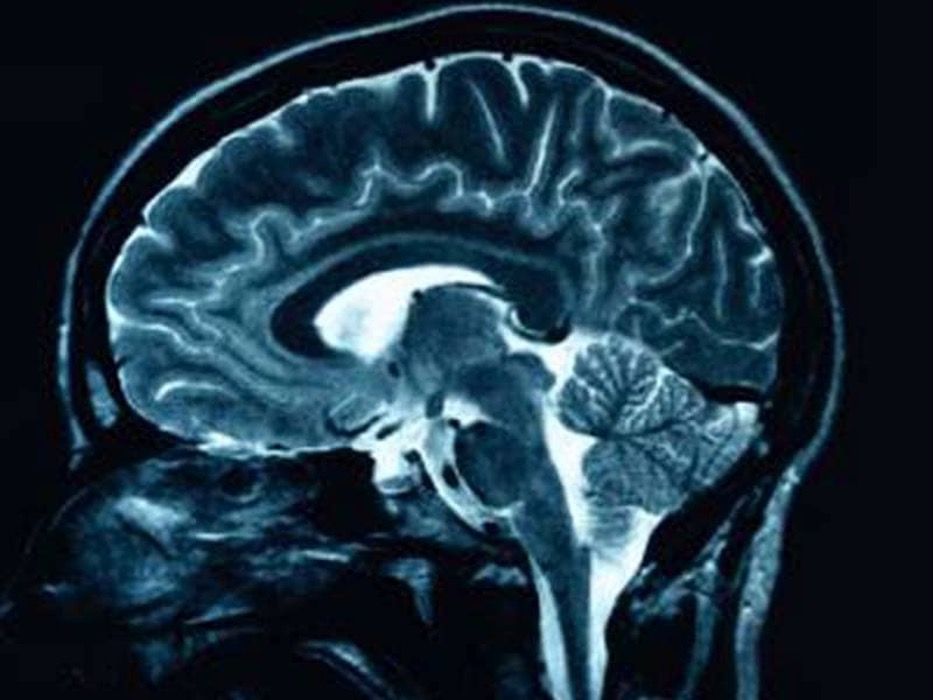
Risks and Limitations of MRI Brain Scans
While MRI brain scans are generally considered safe, there are certain considerations to keep in mind. Some individuals may experience feelings of claustrophobia while inside the MRI machine's confined space. Moreover, there is a rare possibility of an allergic reaction to contrast agents used to enhance images. Additionally, MRI may not be suitable for individuals with certain types of metal implants, as the strong magnetic fields can interact with them.
Contrast Agents in MRI Brain Scans
In some cases, contrast agents may be administered intravenously to enhance the visibility of specific brain structures. These agents contain gadolinium, a rare earth metal, and can help highlight certain tissues or abnormalities. While these agents are generally safe, individuals with a history of kidney problems should inform their healthcare providers before undergoing an MRI with contrast.
Interpreting MRI Brain Scan Results
Interpreting MRI brain scan results requires the expertise of radiologists and medical professionals. These experts analyze the images to identify abnormalities, lesions, and other findings. The interpretation process involves a meticulous examination of the details captured in the scans, helping guide diagnosis and treatment decisions.
Future Trends in MRI Brain Imaging
As technology advances, so does the potential of MRI brain imaging. Researchers are continuously exploring ways to enhance image quality, reduce scan times, and increase diagnostic accuracy. Innovations like improved image resolution, advanced image processing techniques, and functional connectivity analysis hold promise for the future of MRI brain scans.
Conclusion
In the realm of medical imaging, MRI brain scans stand as a remarkable achievement. Upright MRI of Deerfield, a beacon of excellence in medical diagnostics, understands the significance of this technology. Through their commitment to quality and patient care, Upright MRI of Deerfield ensures that each MRI brain scan provides unparalleled insights, enabling healthcare professionals to make informed decisions for their patients. As we journey deeper into the intricacies of the human brain, the power of MRI continues to shine, uncovering the mysteries that lie within.New Paragraph
Leave a Comment:

The World's Most Patient-Friendly MRI. A comfortable, stress-free, and completely reliable MRI scan. We offer patients an open, upright, standup MRI experience that helps those who are claustrophobic and stress being in a confined area. Upright MRI of Deerfield is recognized as the world leader in open MRI innovation,
Our Recent Post

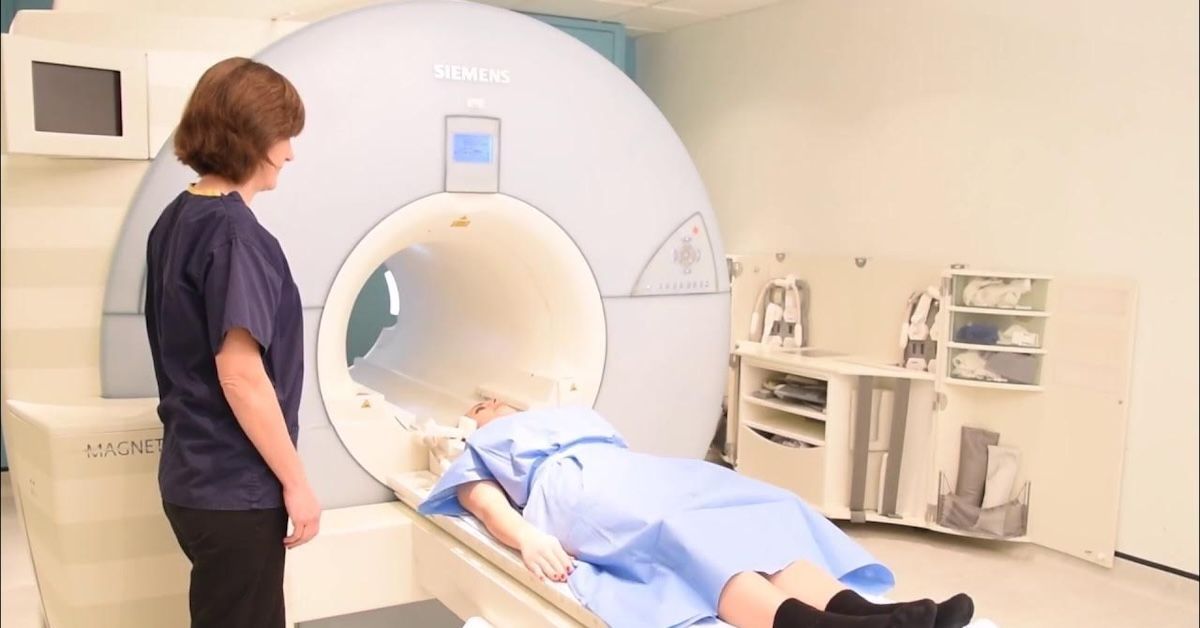
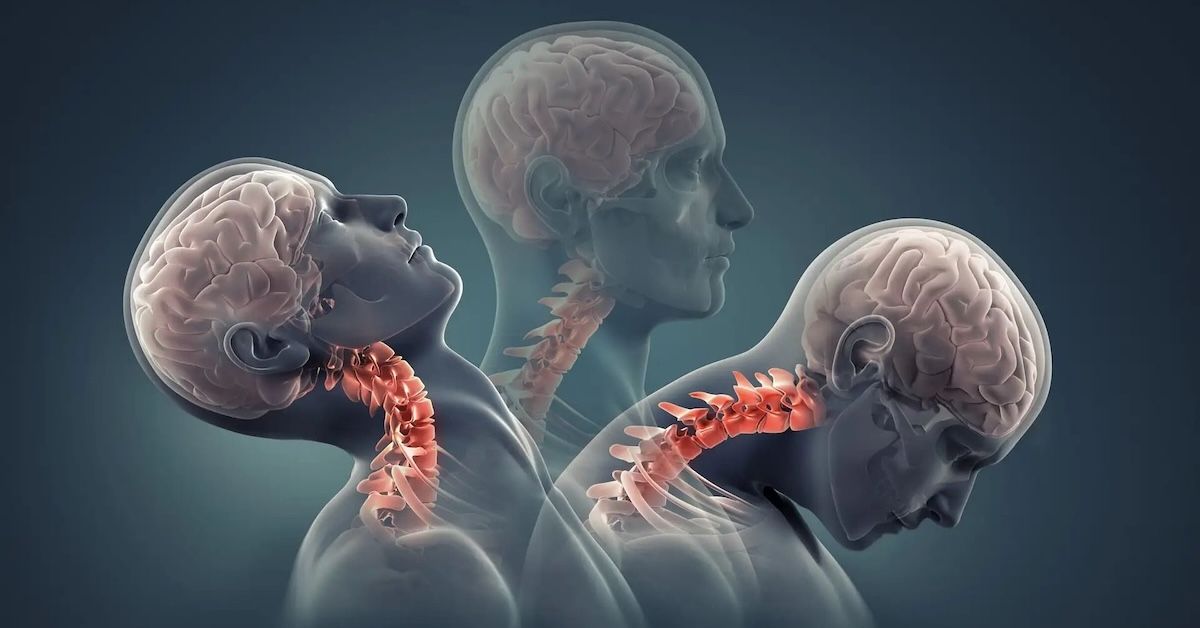
READ PATIENT TESTIMONIALS
Upright MRI of Deerfield.
Susan D.,
Highland Park, 39
I am going to tell everyone about your office! This was a great experience after I panicked in other MRI machines and had to leave. Thank you so much.

Judith B.,
Milwaukee, 61
I suffer from vertigo and other MRIs do not work. This was wonderful…absolutely NO discomfort at all. The MRI was so fast…I wanted to stay and watch the movie! Mumtaz was great. His humor really put me at ease. I’ve already recommended Upright MRI to friends.

Delores P.,
Glencoe, 55
Everything is so nice and professional with your place. I have been there a couple of times. My husband and I would not go anywhere else.


Follow UpRight MRI of Deerfield on Facebook
To see our latest news, updates or to get to know us more, we welcome you to follow along our journey in Facebook.
CONTACT DETAILS
Phone: (847) 291-9321
Address: 457 Lake Cook Road (Deerfield Park Plaza) Deerfield, IL 60015
Email: info@uprightmrideerfield.com
Business Hours
- Mon - Thu
- -
- Friday
- -
- Saturday
- -
- Sunday
- Closed
All Rights Reserved | Upright MRI of Deerfield | Website designed by NorthShore Loyalty

